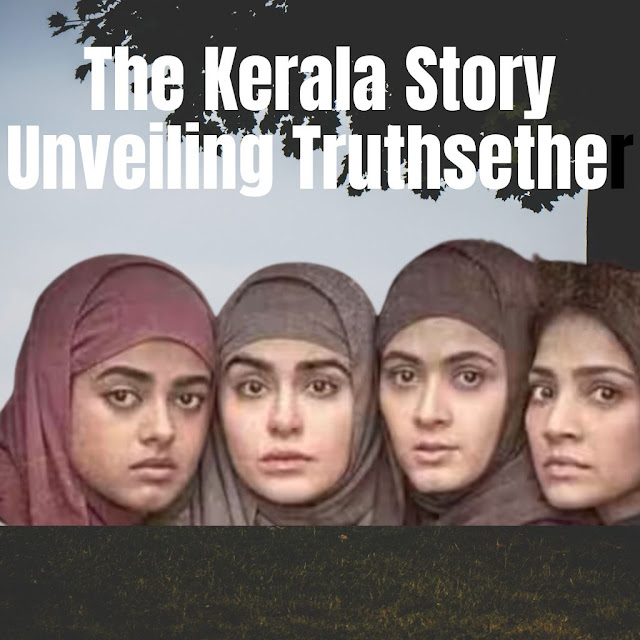A thought-provoking and controversial movie, "The Kerala Story," has sparked intense discussions and disputes across India. Drawing inspiration from a real-life incident, the film narrates the journey of three young girls from Kerala who were ensnared by the clutches of ISIS and eventually apprehended in Afghanistan. Directed by Sudipto Sen and produced by Vipul Amrutlal Shah, the movie serves as a testament to their perseverance in bringing forth an authentic portrayal of events. Featuring Adah Sharma as Fatima Ba (formerly known as Shalini Unnikrishnan), a Hindu woman forcibly converted to Islam, the film uncovers the harrowing tale of her abduction, indoctrination, and training as a suicide bomber. Additionally, Yogita Bihani as Nimah Mathew and Sonia Balani as Asifa, two nursing students who succumb to the influence of their boyfriends and join ISIS, play integral roles in exposing the dark reality of religious conversion and terrorism in India while challenging prevalent stereotypes about Kerala and its people.
 |
| The Kerala Story Unveiling Truths |
Revealing a Disturbing Reality:
"The Kerala Story" transcends the realm of entertainment, emerging as a bold and audacious endeavor to shed light on a perilous conspiracy against India. Extensive research, interviews with real victims and their families, as well as collaboration with intelligence agencies and experts, form the foundation of the movie's narrative. By incorporating authentic footage and documents, the film unearths shocking evidence that highlights the systematic manipulation, substance abuse, sexual exploitation, and illegal trafficking employed to lure innocent youth, particularly women, into committing acts of terrorism. Furthermore, it offers critical insights into the problems associated with extremist factions within Islam that propagate violence and hatred to advance their ideology.
Controversies and Censorship:
Notably, "The Kerala Story" has encountered significant opposition and faced censorship in various quarters. The government of West Bengal, led by Mamata Banerjee, banned the movie, citing hate speech and factual distortions. Tamil Nadu witnessed multiple theater dropouts due to poor box office response and concerns over potential violent protests by Muslim organizations. Critics and activists have accused the film of being Islamophobic, communal, and sensationalist. However, amidst the controversies, the movie has garnered support and acclaim from diverse sources, including the Supreme Court of India, which upheld the fundamental right to freedom of expression and artistic creativity. Viewers and critics alike have praised its daring and honest portrayal of a sensitive issue that profoundly impacts national security and social harmony.
A Wake-Up Call for the Nation:
"The Kerala Story" resonates as a wake-up call, compelling viewers to contemplate and scrutinize the state of affairs in the country. It ignites a sense of activism, urging individuals to stand against injustice and intolerance. While the film fosters a sense of pride in being Indian, it also elicits a feeling of shame for the inherent flaws within humanity. A compelling narrative intertwined with reality makes it imperative for every Indian who values truth and justice to witness this thought-provoking movie.
Conclusion:
"The Kerala Story" transcends the realm of entertainment, thrusting viewers into the depths of a compelling real-life saga. With its honest portrayal of the journey of three girls ensnared by ISIS, the film prompts reflection, questioning, and reevaluation of preconceived notions. It evokes a range of emotions, from anger and sadness to hope and inspiration. By encompassing critical awareness and compassion, this movie offers an opportunity for introspection while serving as a stark reminder of the intertwined dangers of radicalization and extremism. "The Kerala Story" is not just a fictional account; it is a stark portrayal of reality that demands attention and contemplation.
